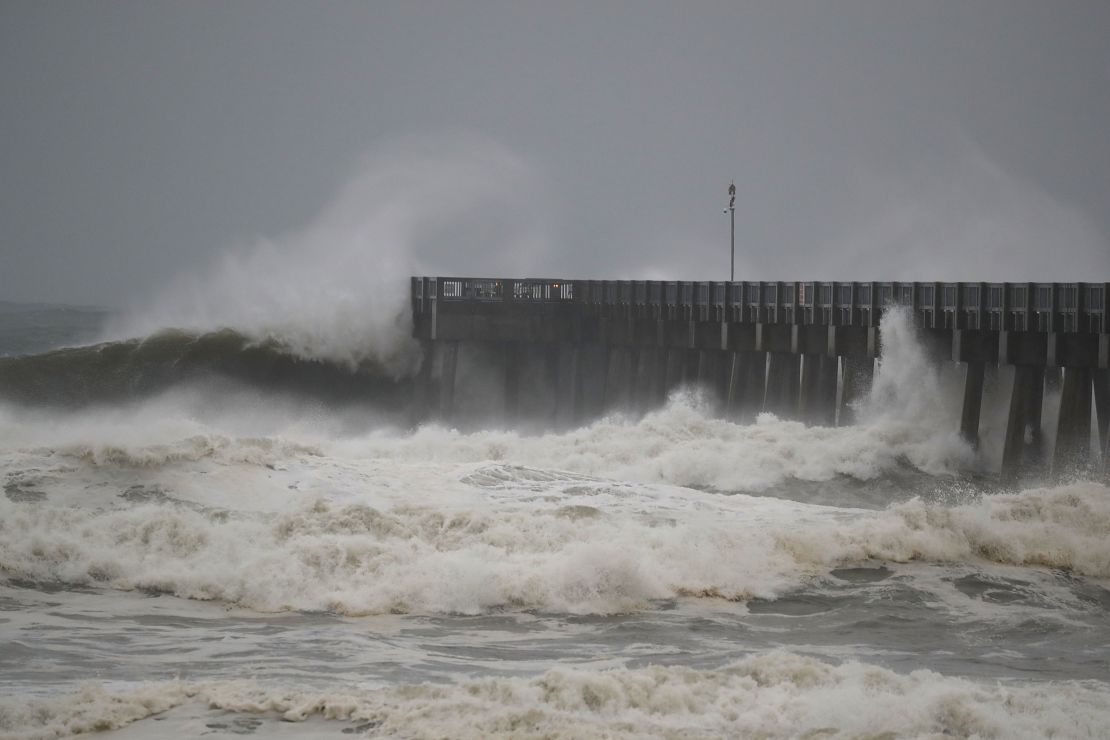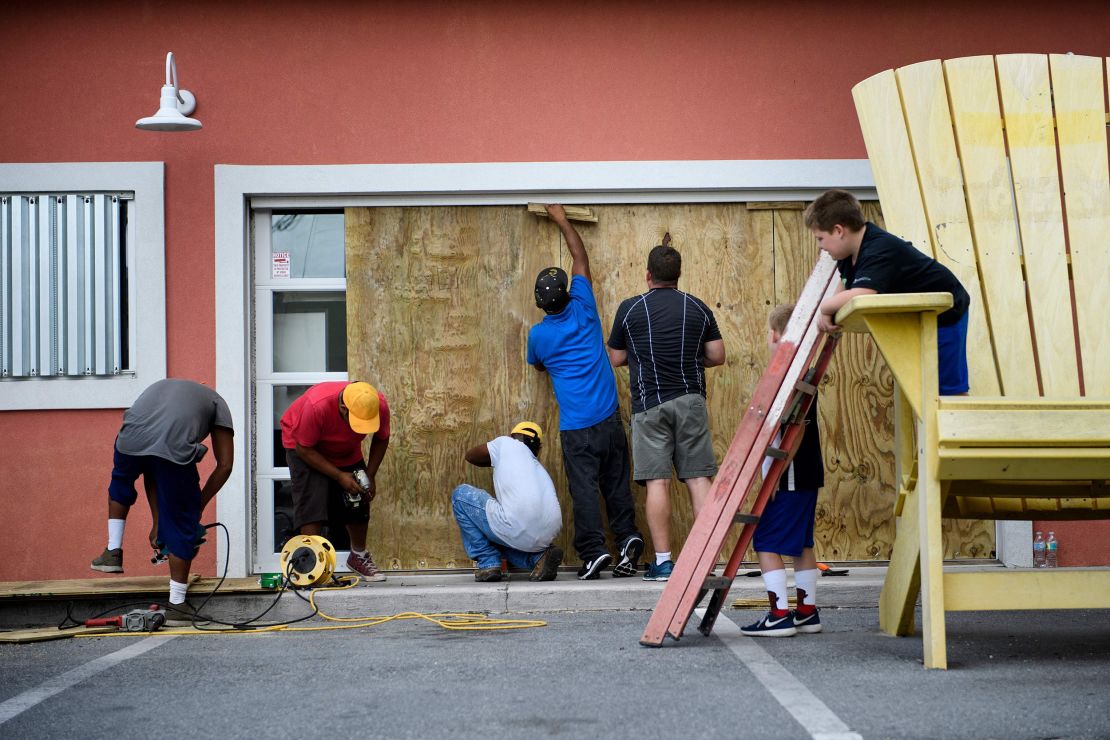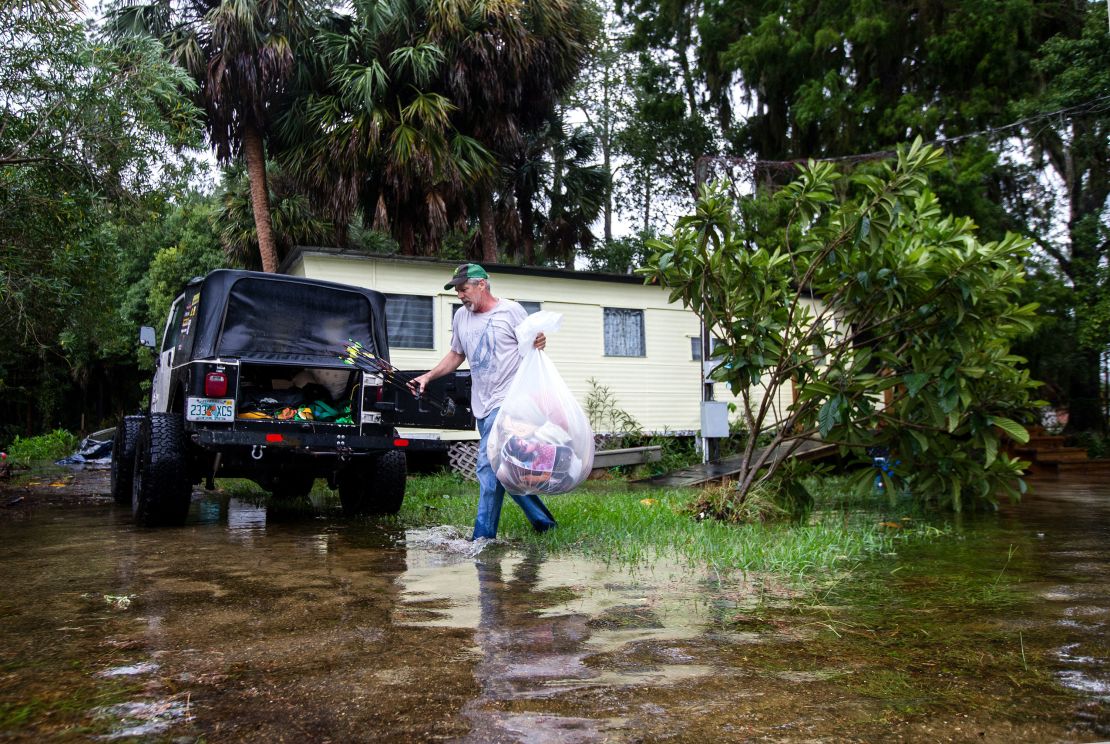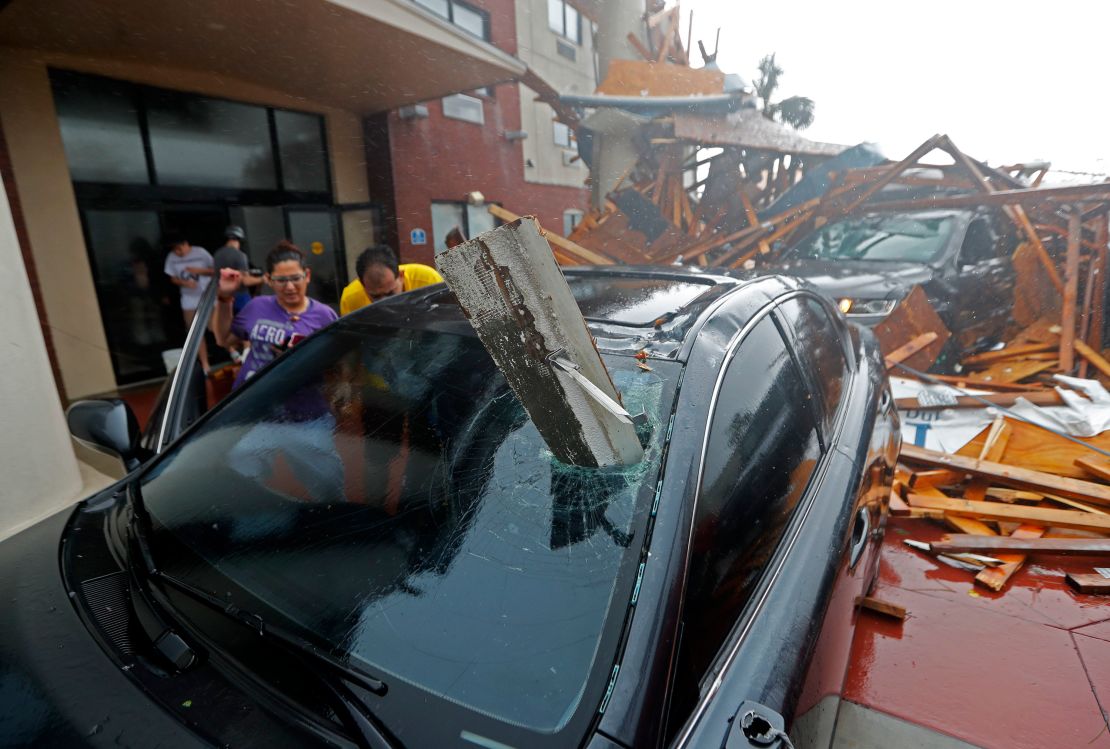As Hurricane Michael zeroed on the Florida Panhandle with the potential to cause catastrophic damage, elected officials urged people to leave immediately.
Mandatory or voluntary evacuation orders were issued in at least 22 counties on the Florida Gulf Coast ahead of the storm, which made landfall on Wednesday. But like in every hurricane, not everyone complies.
Here’s why some people in the path of a hurricane may choose not to evacuate:
For some, evacuating can be a hassle
Some people would rather not deal with the hassle of loading up the car and driving someplace they would rather not be, according to Jay Baker, a retired Florida State University geography professor who studies hurricane evacuation behavior. And re-entry can be a nightmare, too.
Baker said people would be more willing to face the trouble of evacuating if they understood the hazards. “When you ask people ‘Why did you leave?’ the overwhelming reason is that they thought they wouldn’t be safe where they were,” Baker told CNN last month. “It was their understanding that public officials told them they had to leave.”

Often, there’s a false sense of security
Some people think they have a good plan. Some have weathered storms before but didn’t experience heavy damage. That could give them a false of security.
“They have misconceptions about how severely they could be affected by a certain type of storm because they haven’t experienced the worst of that type of storm,” Baker said.

Some are more worried about wind damage than a storm surge
Flooding is more life-threatening than wind damage. But most people are more concerned about wind damage than storm surge, Baker said.

“They know about hurricanes generally, but they don’t understand about storm surge, and they don’t understand how it will affect them where they live,” Baker said.
Baker said it’s important for emergency officials to clearly explain why people need to evacuate.
Some may not know their evacuation zone
Baker said emergency officials generally characterize evacuation zones by letters. But most people don’t know what zone they live in and may not know a mandatory evacuation order applies to their location, he said.

Last year, Houston, known for its susceptibility to flooding because of its flatness, was never put under an evacuation order – voluntary or mandatory – even as Hurricane Harvey threatened southeast Texas. Many residents were trapped on rooftops and wading through flooded streets, carrying children on their shoulders.
Mayor Sylvester Turner defended his decision not to order evacuations before the city was hit by torrential rain from Harvey.
“You literally cannot put 6.5 million people on the road,” Turner said. “If you think the situation right now is bad, you give an order to evacuate, you are creating a nightmare.”
CNN’s Nick Valencia, Justin Gamble, Kaylee Hartung and Jason Hanna contributed to this report.


